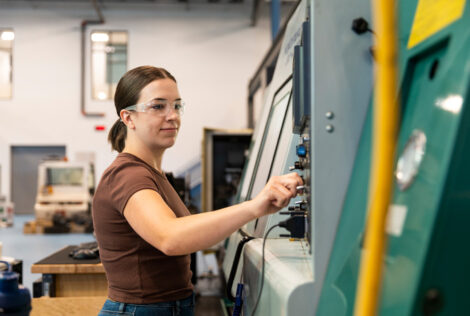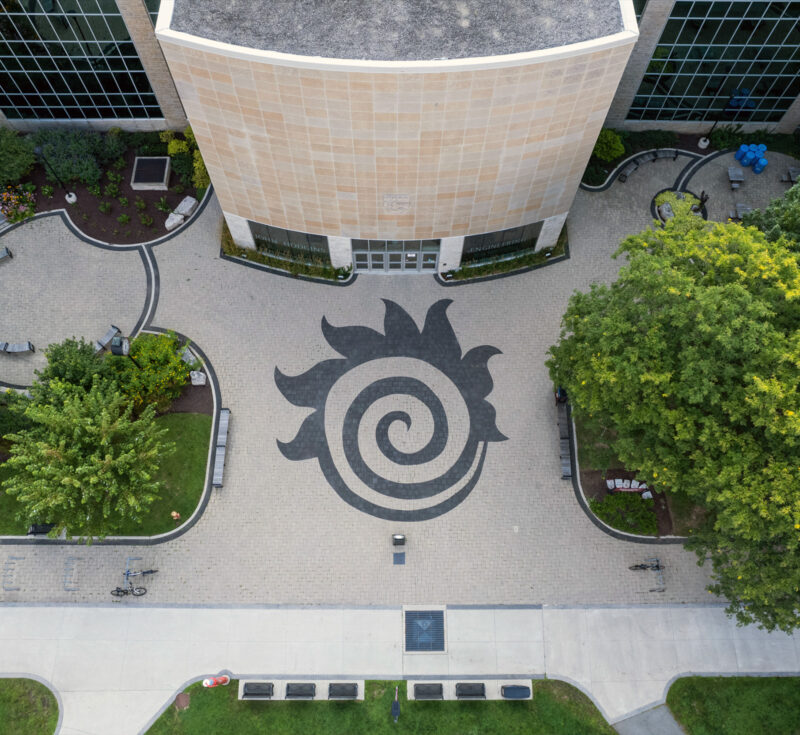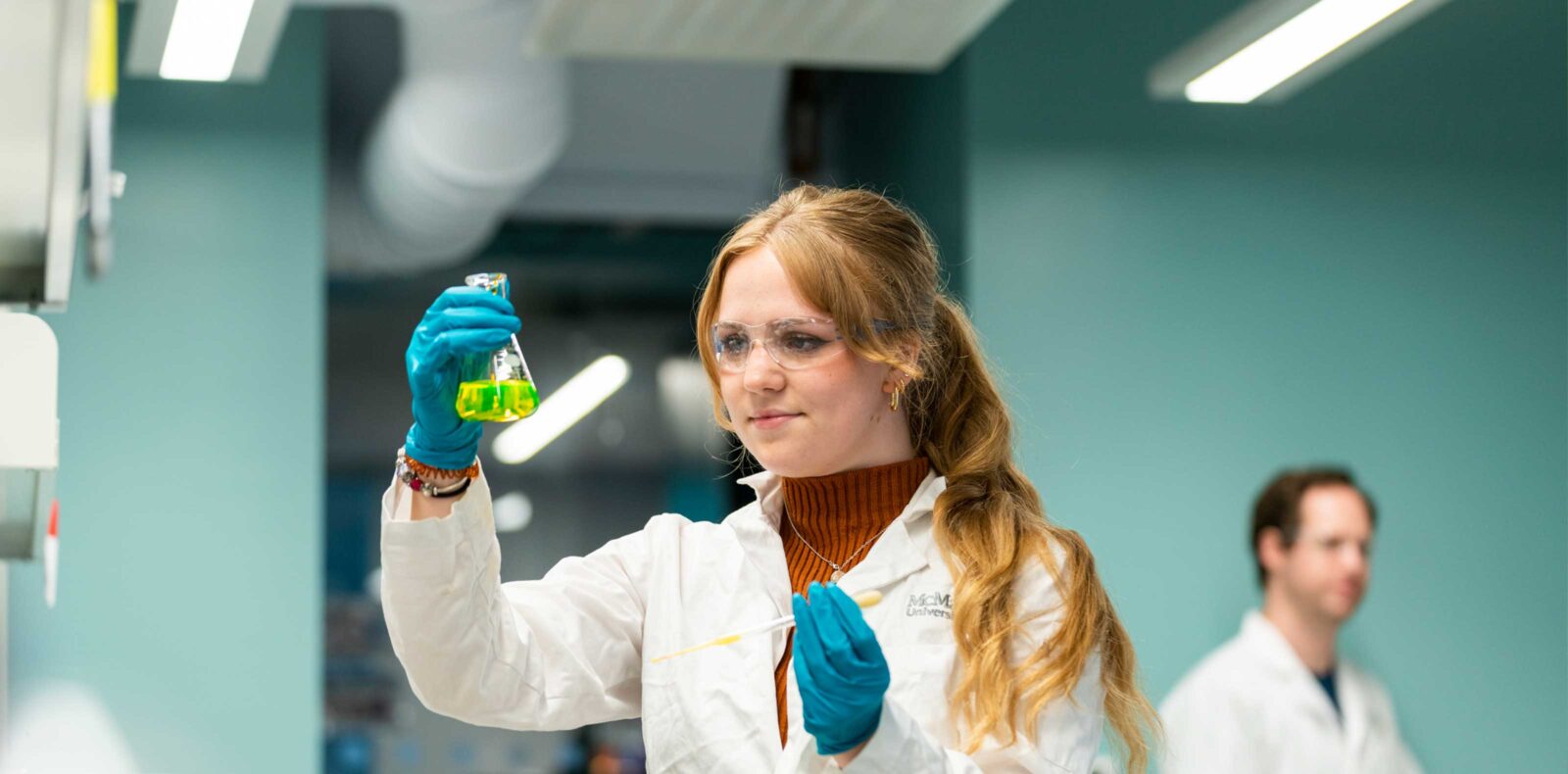
Affiliated centres, institutes and facilities
In the department of Chemical Engineering, affiliated centres, institutes and facilities contribute to the overall academic environment by serving as spaces for conducting research, organizing activities and providing additional resources and cutting-edge equipment for students and faculty. These hubs are places for knowledge creation and application, emphasizing collaboration and shared goals.
-

MMRI
Learn MoreThe MMRI is designed to meet the sophisticated research and development needs of leading manufacturers in the automotive, aerospace, biomedical and consumer goods industries, along with the manufacturing tooling, coatings-surface engineering, dye and mould support industries.
-

McMaster Advanced Control Consortium
Learn more about MACC (Opens in new window)MACC promotes and advances process automation and related process systems engineering technologies through academe-industry interactions.
The polymer processing group (Centre for Advanced Polymer Processing and Design, CAPPA-D) has several graphics workstations for their modelling work. In addition, many researchers in the department use personal computers for much of their computing and word processing needs as well as data acquisition. CAPPA-D is involved in the formulation, conversion and characterization of plastics, mathematical modelling of single and twin screw extrusion, coextrusion, thermoforming, rotational molding, film blowing, reactive extrusion, mixing and coating. There are strong groups working in the areas of environmental engineering, biomedical studies, membrane making, turbulence modelling and experimentation, separations, process systems analysis and applied mathematics. The research summaries of the individual faculty members will point out the many interactions, breadth and depth of the research activity within the department.
The McMaster Centre for Pulp and Paper Technology (MIPPT) was founded by the department in 1982 and has attracted support from government and industry. MIPPT has extensive facilities for the study of polymerization reactions of industrial interest and receives substantial support from the federal network of excellence grant and support from industry. The modelling of polymer processing operations is done in collaboration with industry in the Centre for Advanced Polymer Processing and Design (CAPPA-D).
The McMaster Centre for Pulp and Paper Research is a world-class framework for scientists with strengths in colloid and surface science, polymer synthesis and characterization, modelling and transport phenomena to work together on strategic problems.





